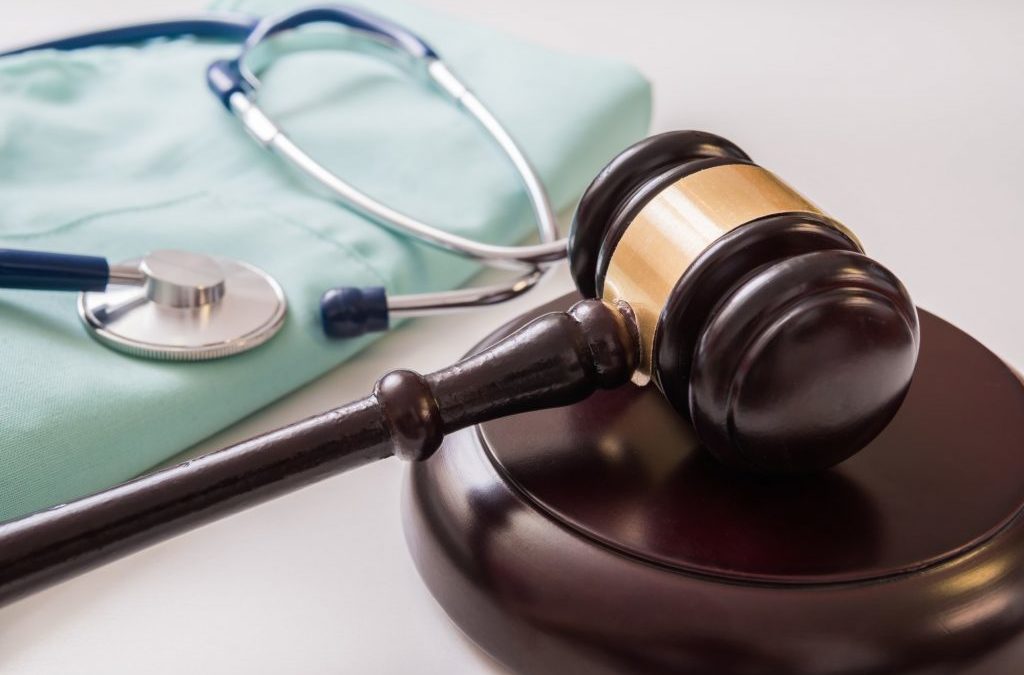We rely on doctors to heal us when we are injured or sick, so it’s ironic when a doctor actually makes our condition worse. However, it happens quite frequently in the United States. In fact, medical malpractice is the third most common cause of death.
Medical malpractice occurs when a medical provider deviates from an accepted standard of care. Standard of care is determined by what a doctor with similar experience and in a similar specialty would do in the same situation. This may seem vague, but there are many types of medical malpractice, including surgical errors, misdiagnosis, negligence, medication errors and birth defects.
Believe it or not, medical malpractice rates are actually higher at a certain time of the year: summer. Read on to learn why you should avoid hospitals in the summertime if you can.
The July Effect
There is a term among doctors called the July Effect. This refers to the time of the year when new medical school graduates report to teaching hospitals. At this same time, many experienced doctors are on summer vacation.
This means that hospitals are staffed with residents during this time, and medical malpractice errors peak accordingly. In areas where there are a high number of teaching hospitals, fatal medication errors increased by 10 percent, according to a study done by researchers at the University of California at San Diego.
The study did not include fatal medication errors that occurred as a result of an allergic reaction or that that occurred outside of the hospital. In areas where there were no teaching hospitals, the rate of fatal medication errors remained level.
Many doctors believe that study is accurate in placing the blame on new residents. Residents have many factors against them. They are new and inexperienced. They are also in an unfamiliar place where they have to learn a new computer system. Combine these factors with a lack of sleep—most work 36-hour shifts—and the risk of medical errors greatly increases.
Lack of communication is also a huge factor. Residents are often given a group of patients to handle and in many cases, the main doctor is not fully communicating important information.
Addressing the Issues
Since doctors seem to be aware of the so-called July Effect, what is being done to prevent these errors from occurring? Many hospitals are using computer software to scan for errors related to medications. The lack of sleep issue also needs to be addressed, since fatigue can cause a person to think less clearly. It’s important to ensure residents are fully rested since even a minor mistake can be fatal.
Supervision is also needed. Residents should not be dealing with patients on their own. A more experienced doctor should be there to monitor the resident’s work and act as a backup in case there is an issue that the resident cannot handle.
Get Help From a New York Medical Malpractice Attorney
Medical malpractice is a serious issue. Even the most skilled doctors make errors. Everyone makes mistakes, but in the medical field, these mistakes can be deadly.
If a doctor’s negligence caused you significant injuries or caused a medical condition to worsen, you may have a valid medical malpractice claim. File a personal injury claim with a Westchester medical malpractice attorney from Grant & Longworth today. Contact our office at (800) 836-3519 24/7 to schedule a consultation.

Recent Comments